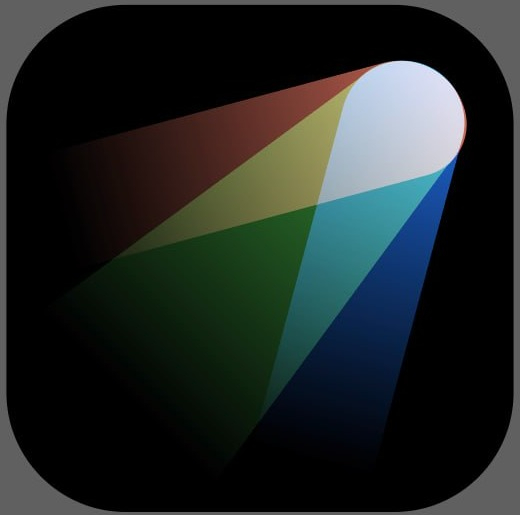Audio Presented by

RGB++ Layer is Bitcoin’s asset issuance layer, smart contract layer and the interoperability layer of entire UTXO world.
About Author
RGB++ Layer is Bitcoin’s asset issuance layer, smart contract layer and the interoperability layer of entire UTXO world.
